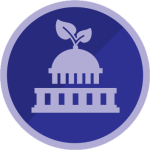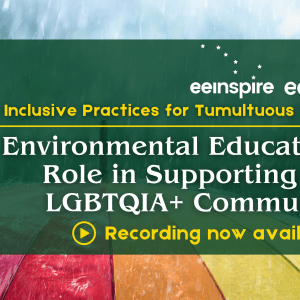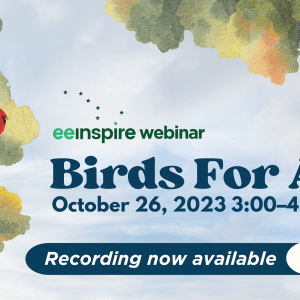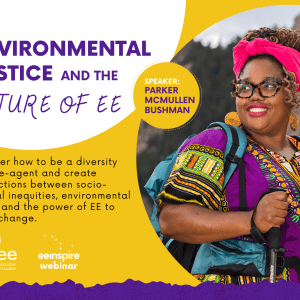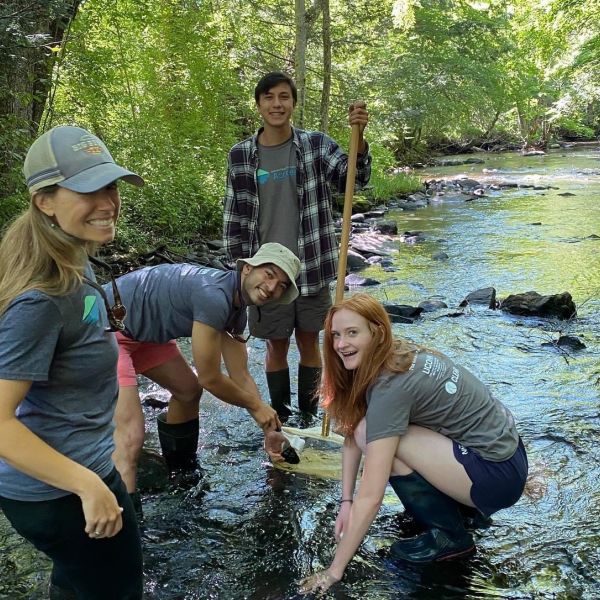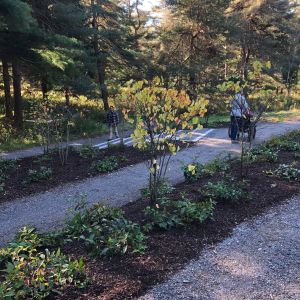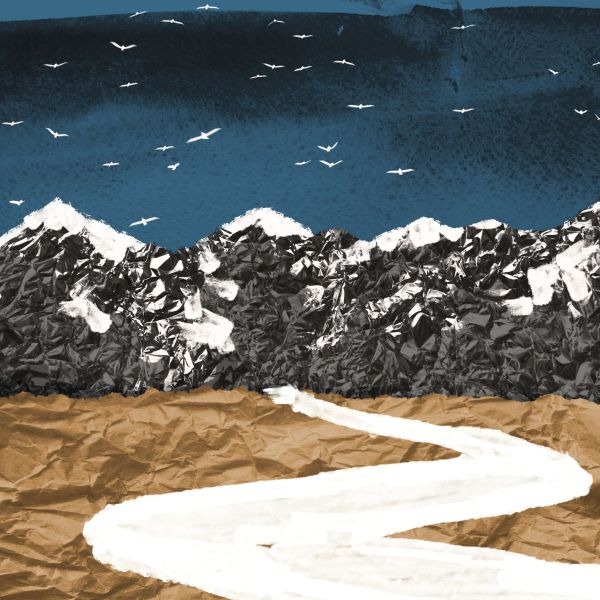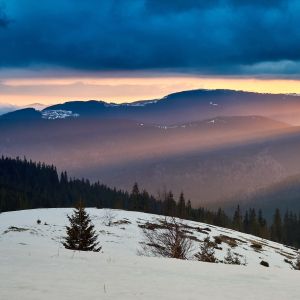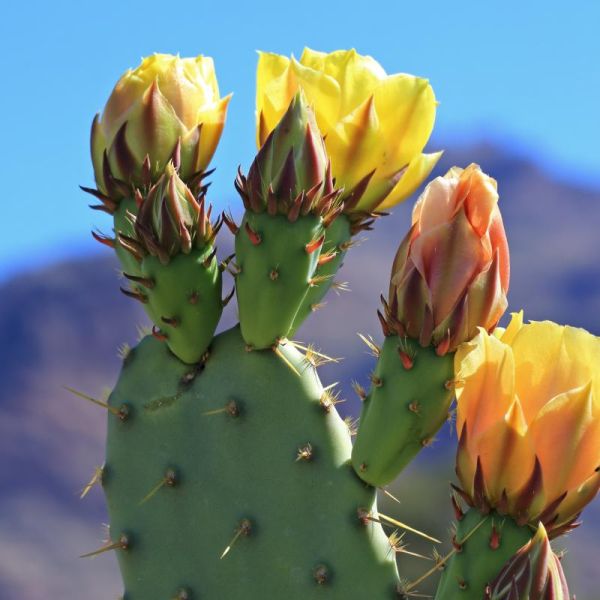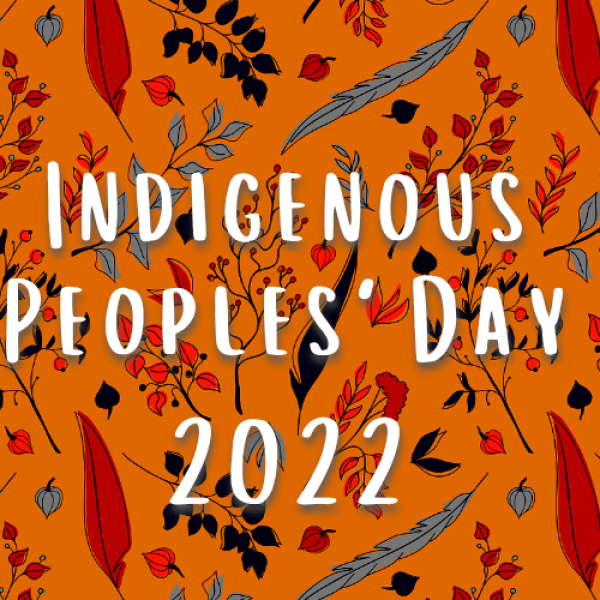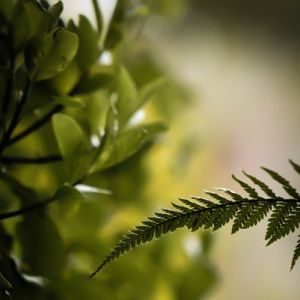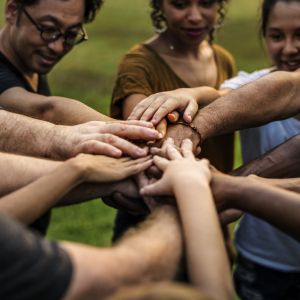
EE for Everyone
NAAEE believes that considering a wide array of perspectives from environmental educators working in all segments of society helps us all be more effective and allows us to honor our wide range of beliefs, attitudes, languages, interpersonal styles, and values. This group provides a space for sharing ideas and discussing unique opportunities to increase understanding and collaboration. Come share your unique perspective!
Make sure you’re logged into eePRO to access all the Group features, like the forum and member activity feeds!
Bulletin Board
-
-
-
-
-
-
The “Difference Makers Mentors” facilitates environmental education programming that is equitable, culturally sustaining, and welcoming to students. This pertains especially to those who have been historically marginalized within the science and environmental field, and serves as a supportive…
-
-
For Global Accessibility Awareness Day, learn from educators, artists, activists and thought leaders on accessibility and inclusion. We’ve also included a few resources to help guide you!
-
-
-
-
J. Drew Lanham's book "The Home Place" is based on Dr. Lanham's own life, growing up in North Carolina as a Black man. This is a great read!
-
National Latinx and Hispanic Heritage Month takes place every year from September 15 to October 15, as a time to recognize and celebrate the contributions, diverse cultures and histories of the Latinx community in the United States.
-
Read a behind-the-scenes look at community engagement within the Latinx community.
-
On Indigenous Peoples' Day, we celebrate the cultures and history of Indigenous communities across the United States. We acknowledge that we are on land that has traditionally been, and in many places is currently, cared for by Indigenous people. To transition this remembrance and recognition into…
-
-








